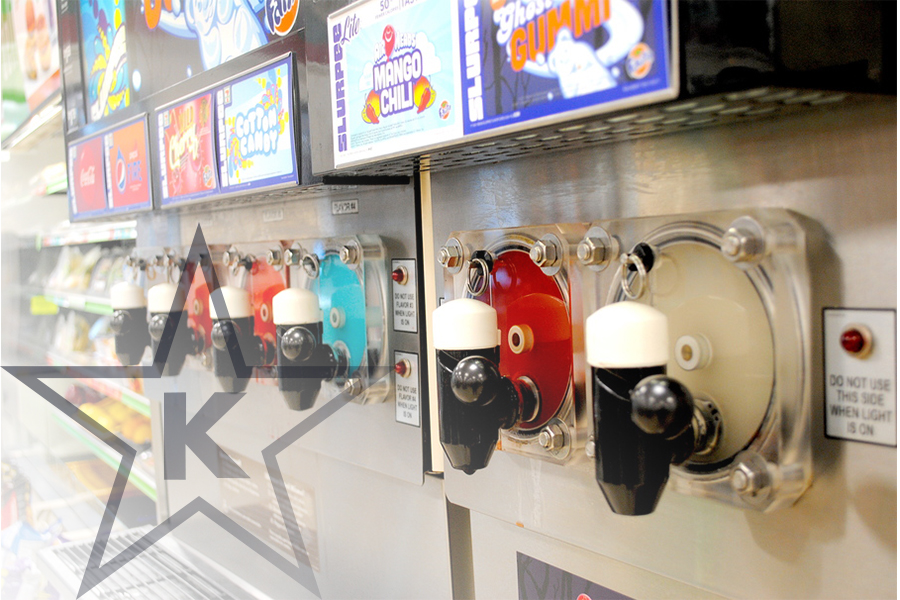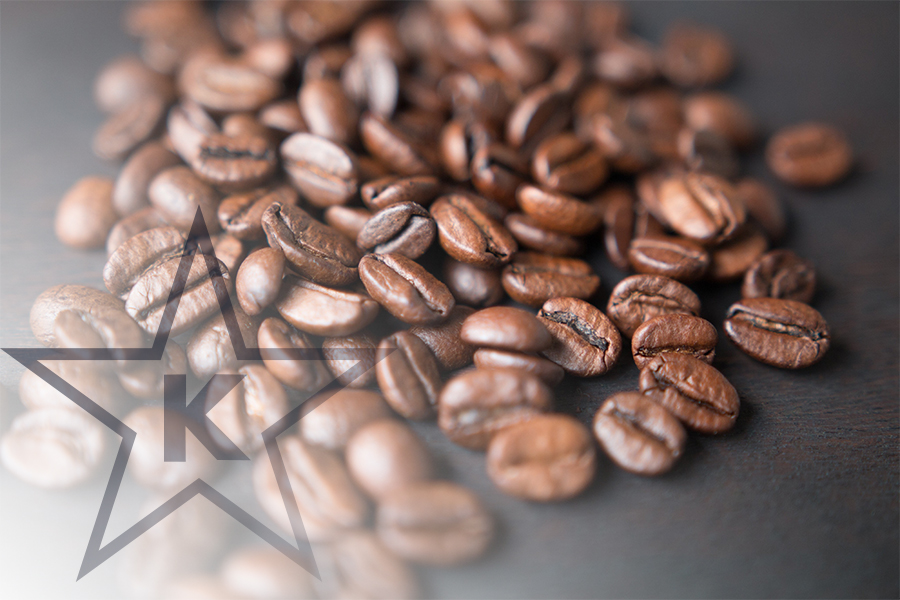Summer 2013
Americans generally do not drink as much tea as the rest of the world. This may have something to do with a certain party they had in Boston a while back. That being the case, you might be surprised to learn that tea is second only to water in worldwide beverage consumption. In fact, some estimates place tea consumption in the billions of cups daily. That’s a lot of tea. However, with recent health benefits being ascribed to tea, its popularity in this country is definitely on the rise. In this article we will explore the world of tea vis-a-vis kashrus and halacha. First, a little background is in order.
BACKGROUND
Tea is a processed leaf. It is grown on a tea tree which, if allowed to grow wild, would reach 30 or more feet in height. On tea plantations, the main trunk of the seedlings is cut to produce a […]







 STAR-D
STAR-D STAR-S
STAR-S